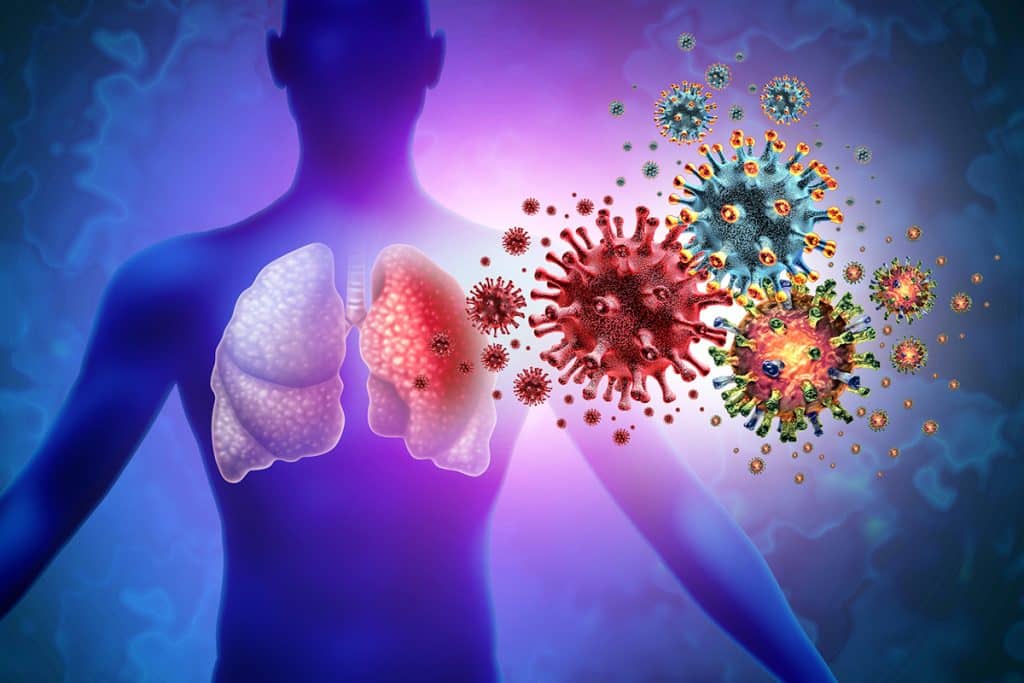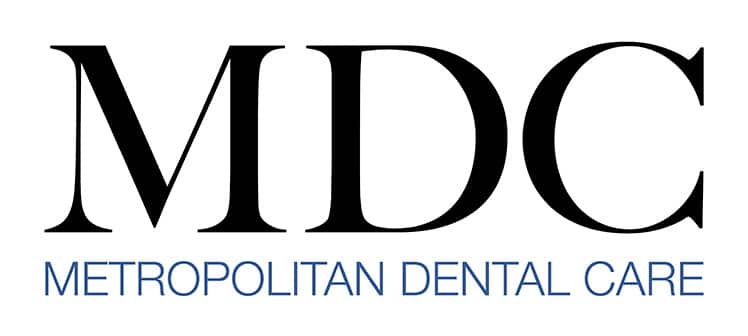Is it Safe to Visit the Dentist During the COVID-19 Pandemic?

Many patients have wondered whether they should continue routine dental care amidst a global pandemic of an airborne virus. This is a legitimate concern given that the dental office is one of the few places where you are required to remove your face mask. We have all become accustomed to our "new normal" of entering stores, doctors' offices, and workplaces with face coverings. When we are asked to remove our face covering it is only natural that we become a little uneasy. Let me assure you that visiting the dentist during the COVID-19 pandemic is not only safe but is encouraged. Your bi-annual dental checkups include an evaluation of your teeth and gums, as well as an oral cancer screening. Periodontal disease (gum disease) is associated with heart disease, Alzheimer’s disease, and poor pregnancy outcomes (premature birth and low birth weight babies). Undiagnosed dental caries (cavities) can lead to pain, loss of teeth, and infections that have the potential to spread to other areas of the body. Oral cancer screenings help detect pre-cancerous and early-stage cancers, which can spread rapidly if undiagnosed. Not only is visiting the dentist now safe, but it could also even be life-saving. A recent study in the Journal of the American Dental Association reported that less than 1% of surveyed US dentists tested positive for COVID-19 due to infection control practice in dental offices.
Here is what we are doing at Metropolitan Dental Care to keep you safe:
Pre-appointment COVID-19 Screenings
All patients are asked a series of questions about any symptoms resembling a cold or flu, recent travel history, and any potential exposure to COVID-19.
Staggered Appointments
In order to practice social distancing and minimize patient contact in the reception area, appointment times are staggered.
Antimicrobial Mouthwash
Pre-procedural hydrogen peroxide mouth rinses are used to reduce viral loads in aerosols generated during procedures.
High Volume Evacuation (HVE) Suctions
A high-volume evacuator is a suction device that draws in a large volume of air, thus reducing aerosols generated during procedures.
Infection Control Procedures
Our dental infection control practices, which have been in place for decades have proved to be effective against the transmission of bacteria, viruses, and fungi. These include: hand hygiene the use of personnel protective equipment (PPE), medical-grade surface disinfectants, barriers for surfaces contacted during procedures, and sterilization of all equipment.
Enhanced PPE
N95 masks:N95 masks filter at least 95% of airborne particles. Unlike traditional surgical masks, N95 masks provide an airtight seal and can filter out larger microbial particles
Eye Protection: Goggles, dental loupes, and/or face shields are worn for eye protection
Surgical Attire: Staff members are wearing scrubs, impermeable gowns, and head coverings
HEPA Filters
Every treatment room is equipped with a HEPA filter. A HEPA filter is a high-energy particulate air filter that is capable of trapping 99.97% of aerosol particles that are 0.1-0.3 micron in size. Therefore, any respiratory droplets that may potentially contain the COVID-19 virus are filtered out and not allowed to linger in the air.
References:
Ashtiani RE, Tehrani S, Revilla-León M, Zandinejad A. Reducing the Risk of COVID-19 Transmission in Dental Offices: A Review. J Prosthodont. 2020 Dec;29(9):739-745.
Estrich CG, Mikkelsen M, Morrissey R, Geisinger ML, Ioannidou E, Vujicic M, Araujo MWB. Estimating COVID-19 prevalence and infection control practices among US dentists. J Am Dent Assoc. 2020 Nov;151(11):815-824.
